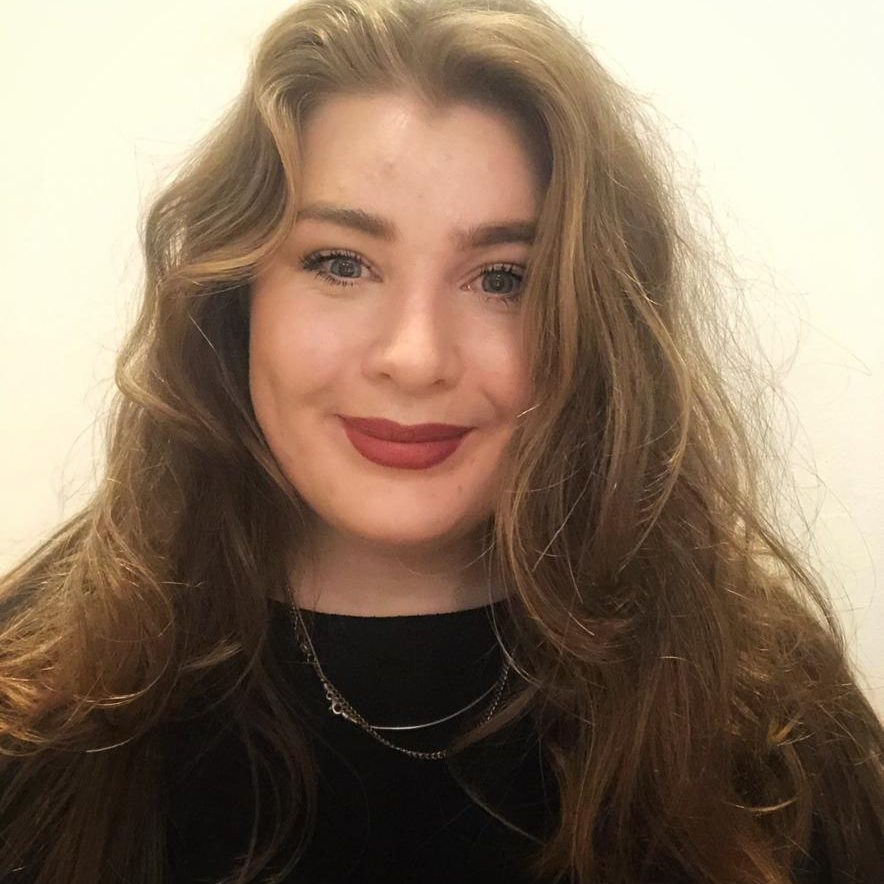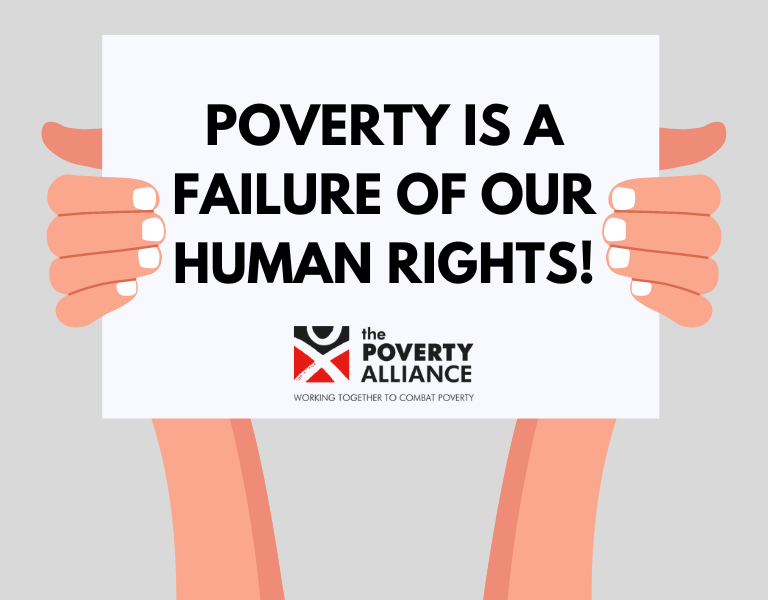
Lydia Murphy
Development Officer, Poverty Alliance
In March, organisations from Scotland went to Geneva, giving evidence to as the UN Committee on Economic, Social and Cultural Rights about the UK’s human rights record.
Their reports – and reports from other civil society organisations across the country– show that there is a human rights crisis in the UK.
Economic, social, and cultural rights outline the minimum standards of material security we need to live a dignified life. They’re the rights we need to be able to take part in society.
They include things like the right to an adequate standard of living - including food, clothing, and housing, the right to work and to fair working conditions, the right to education, and the right to health.
In accordance with international law, the Governments in the UK should be continually taking targeted and concrete steps towards making sure these rights are realised for all.
In their submission to the UN, the UK Government contributed as if they were doing great work, and that everything in the garden was rosy. They spoke favourably about the social security system, their work to tackle food insecurity and poverty, and the healthcare system.
So, it was left to civil society groups to tell the UN Committee the reality. The reforms and cuts to the UK social security system in the last ten years - through the introduction of the benefit cap, the two-child limit, and the introduction of Universal Credit - have led to increasingly high levels of financial hardship.
In 2022, the Joseph Rowntree Foundation estimated that 7 million households in the UK are at present going without the absolute basics.
Research has proved what we already know - that benefit sanctions don’t push people into work, instead they are likely to push people further into poverty.
Food insecurity has become a systemic issue for people in low incomes. In September 2022, a quarter of UK households with children were experiencing food insecurity and there has been escalating demand on food banks across the UK. Between April and September last year, the Trussell Trust network in Scotland gave 40,000 food parcels to children – the highest figures ever.
Our healthcare system is failing many, with long waiting times and poor mental health care provision. In the most affluent areas of Scotland, men experience 23.8 more years of good health and women 22.6 more years compared to the most deprived areas. Disabled people lost access to health services during the pandemic and people across the UK are reporting that their health is getting worse.
And this is not just about the UK Government. The Scottish Human Rights Commission also had strong words for the Scottish Government. Their Policy and International Officer, Eilidh Dickson, said: “The rising cost of living is putting people’s rights at risk. For example, housing costs are making people more vulnerable to homelessness and the cost of basic essentials such as food, heating or transportation is jeopardising people’s right to an adequate standard of living.
“We are asking the Committee to ask the Scottish Government for more information about priority concerns such as variable access to healthcare across Scotland, rising poverty rates, the slow rollout of social security and the shortage of data we all need to properly monitor the protection of economic, social and cultural rights.”
At the Poverty Alliance, our Rights in Action project is working with communities to raise awareness about how human rights can be used as a tool in the fight against poverty. We’ll carry on until governments acknowledge the human rights crisis and take action to provide a fair and compassionate social security system, and a healthcare system that meets our needs.


Enter your email address to receive regular e-updates about our work. If at any time you want to stop receiving these, simply contact us. We’ll keep your details safe and won’t share them with any other organisations for their marketing purposes. For full details see our Privacy Policy.